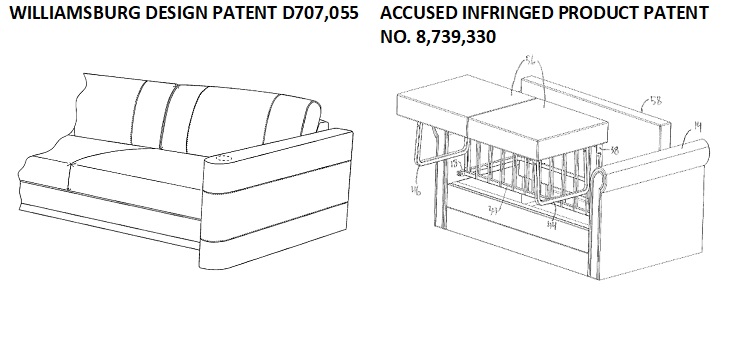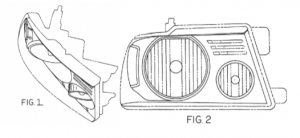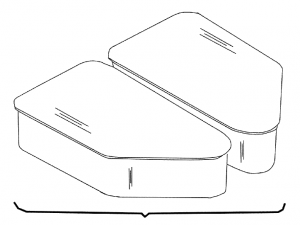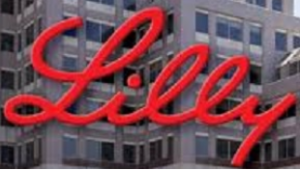Kosciusko County, Indiana – Attorneys for Plaintiff, Rick C. Sasso, M.D. (“Dr. Sasso”) of Carmel, Indiana, originally filed suit in the Kosciusko County Superior Court in Indiana alleging that Defendants, Warsaw Orthopedic, Inc., Medtronic, PLC, and Medtronic Sofamor Danek, Inc., have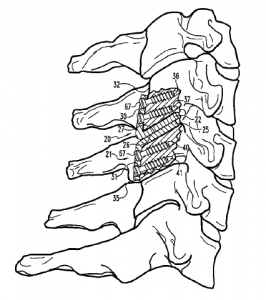 denied him and his accounting firm access to their sales ledger per two separate agreements. Dr. Sasso is seeking an injunction ordering Defendants to provide full access to its sales ledger to determine royalties owed to Dr. Sasso under two separate agreements. As of April 12, 2019, Defendants filed a Notice of Removal to remove the case to the U.S. District Court for the Northern District of Indiana.
denied him and his accounting firm access to their sales ledger per two separate agreements. Dr. Sasso is seeking an injunction ordering Defendants to provide full access to its sales ledger to determine royalties owed to Dr. Sasso under two separate agreements. As of April 12, 2019, Defendants filed a Notice of Removal to remove the case to the U.S. District Court for the Northern District of Indiana.
Per the complaint, Dr. Sasso is a board-certified orthopedic surgeon specializing in the treatment of the spine. Dr. Sasso claims the Defendants, together, are top manufacturers for spine implants. It is claimed Dr. Sasso entered into two separate agreements with Sofamor Danek Holding, Inc., which was later acquired by Warsaw Orthopedic through a merger. The first alleged agreement, is the 1999 Screw Delivery System Agreement on November 18, 1999 (the “1999 Agreement”). The second alleged agreement is the 2001 Vertex Agreement, entered into on July 26, 2001 (the “2001 Agreement”). Dr. Sasso claims that these agreements have clauses that enable him to “inspect, examine, audit, and copy [Defendants’] records” relating to the agreements once per calendar year.
In August 2013, Dr. Sasso filed a different suit against the Defendants for unpaid royalties under both the 1999 and 2001 Agreements. Dr. Sasso was granted royalties in the amount of $79,794,721.00 for the 1999 Agreement and $32,657,548.00 for the 2001 Agreement, which has been appealed by Defendants. According to the complaint, the 1999 Agreement requires the Defendants to continue paying royalties until the expiration of U.S. Patent No. 6,287,313 and U.S. Patent No. 6,562,046, on or about November 23, 2019. Dr. Sasso also claims the 2001 Agreement requires Defendants to pay royalties to him so long as “the Medical Device is covered by a valid claim of an issued patent arising out of the Intellectual Property Rights.”
Continue reading
 Indiana Intellectual Property Law News
Indiana Intellectual Property Law News




